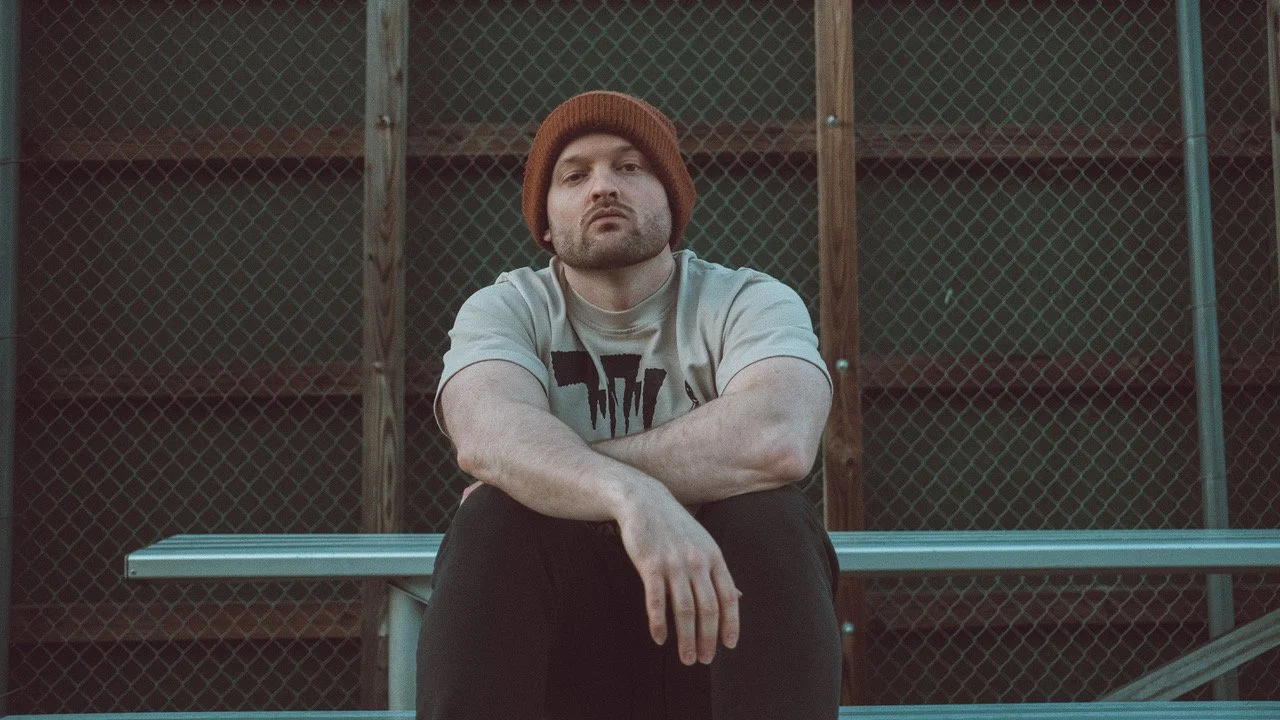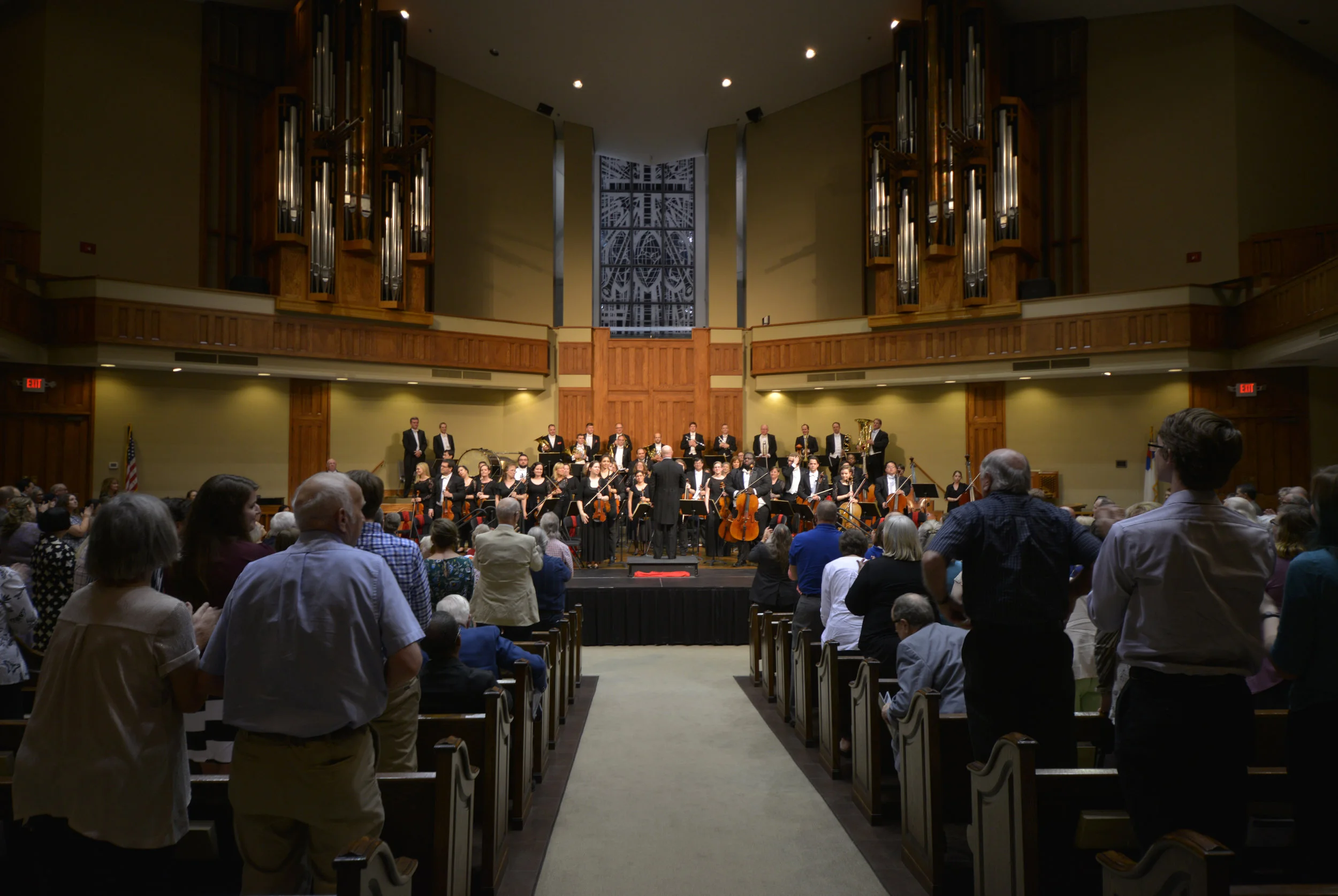Behind the Scenes with "Made in Marianna"
Sometime between fifth grade and high school my dad altered my musical taste. I didn’t understand it at the time, and I have to give him credit because it was subtle, but now that I have two kids of my own toting around digital devices, filtering all means of communication in the home is an important part of parenting.
What does that have to do with the short documentary I recently produced?
Today lovers of R&B music have no fewer than four radio stations in Madison County to get their fix: WFKX 95.7, WYJJ 97.7, WJAK 96.1, and WLCD 98.7. If you’re in the thirty-something-and-up crowd, you know that makes for a record number of urban contemporary stations in rural West Tennessee. Before 2010 there was only one station in rural West Tennessee that provided R&B and Hip-Hop. That was WFKX-FM KIX 96 (the name was changed to 96 KIX after an ownership change in 2000).
The increase in radio stations targeted to black audiences peaked my interest. In some regards, given the significant population of African-Americans in Madison County and rural West Tennessee, local radio owners were late in accepting the fact that their is a market for “black” music in this area. While most owners were behind the times, James E. Wolfe, Jr., also known as Super-Wolf, was a trailblazer as the founder and original owner of KIX.
So why did I create a documentary about James E. Wolfe, Jr.?
Partly for nostalgic reasons. Some of my fondest childhood memories are getting ready for school while listening to Dave Shaw and Jefferson Jones on KIX 96. New Edition, Boyz II Men, Jodeci, Troop, and En Vogue were popular performers at the time. But in the early 90’s, as I transitioned into middle school, the tone of R&B and Rap music took a sharp turn. Songs became less about love and more about sex and sexuality. The lyrics were direct and, as I reflect, clearly what I would now label adult content.
It was around this time that my dad rigged my walkman to only pick up the Oldies station Kool 103. So the soundtrack to my memories from elementary school at JB Young is very much R&B music, but my musical taste since high school has been wide open. Now, this is not to say there aren’t themes of adult themes in Oldies music, but the lyrics that are questionable are usually veiled and flew right under the radar of a impressionable preteen.
If I have not fully answered the question as to why I produced a short documentary on James E. Wolfe, Jr., maybe the latter part of this cathartic journal will help fill in the gaps.
I’ve been involved in mass communications for eighteen years. I’ve been a camera operator, a sound board operator, a technical director, a field reporter, and a sports anchor, on top of writing newspaper features and opinion columns. I enjoy producing media.
However, I’ve also worked in secondary education for the last nine years. Three years ago I gave my students a documentary assignment. It was the first time I had asked these budding journalists to do something I had not technically done myself. I enjoyed learning and leading them through the process.
In 2013, during my most recent stint in local television, WBBJ was undergoing renovation. One of the sets that was being redesigned had a bookshelf that would no longer be in use. As a result several books needed new homes. While perusing through the stack of books I found Dorris Freeman’s autobiography, and I began reading it a few months later.
I had finished a few chapters when the idea of interviewing Super-Wolf hit me. Like Tuny, Wolfe made his mark in broadcasting locally. At a time when minorities were not in radio ownership, Wolfe set a goal to own his own radio station. I guess, in some subliminal way, Mr. Wolfe has always been a role model for me in terms of pursuing a career in broadcasting.
I first contacted Mr. Wolfe in 2014 and began interviewing subjects in 2015. His is a classic American success story that deserves to be shared. He literally went from the cotton fields of segregated Arkansas to the fortunes of radio station ownership in West Tennessee. Of course, a lot transpired in between those periods in his life, and that is what I highlight in the twenty-seven minute documentary.
It is also a history lesson on the landscape of radio in the 1950’s and 60’s—not only in Jackson, but in the entire Southeast. More than a dozen friends and media professionals were interviewed for the documentary, including:
- James E. Wolfe, Jr.: Founder and President of Wolfe Communications; Lane College alumnus
- Nell Huntspon: former radio station co-owner; former director of women’s programming at WJAK
- Denise LaSalle: wife and business partner to Wolfe; Blues and Soul legend
- Doris Freeman (Cousin Tuny): longtime media personality; local pioneer in entertainment and advertising
- Gerry Hunt: longtime DJ and owner of WMXX Kool 103
- Steve Beverly: Professor of Broadcasting at Union University
- Robert “Cowboy” Mitchell: former WFKX on-air personality; longtime friend to Wolfe
- Jerald Skinner (Radio Rasheed): veteran radio personality; program director for WFKX 96 KIX
- Tom Bohs: former Jackson Sun Editorial Editor
Producing "Made in Marianna" was challenging, but it was also a rewarding experience. I hope to highlight the notable accomplishments of other West Tennesseeans by way of documentary in the future.
Greg Hammond is a former television sportscaster who teaches broadcasting at South Side High School. Hammond started his own video production company, SBL Media, LLC, in 2016.































